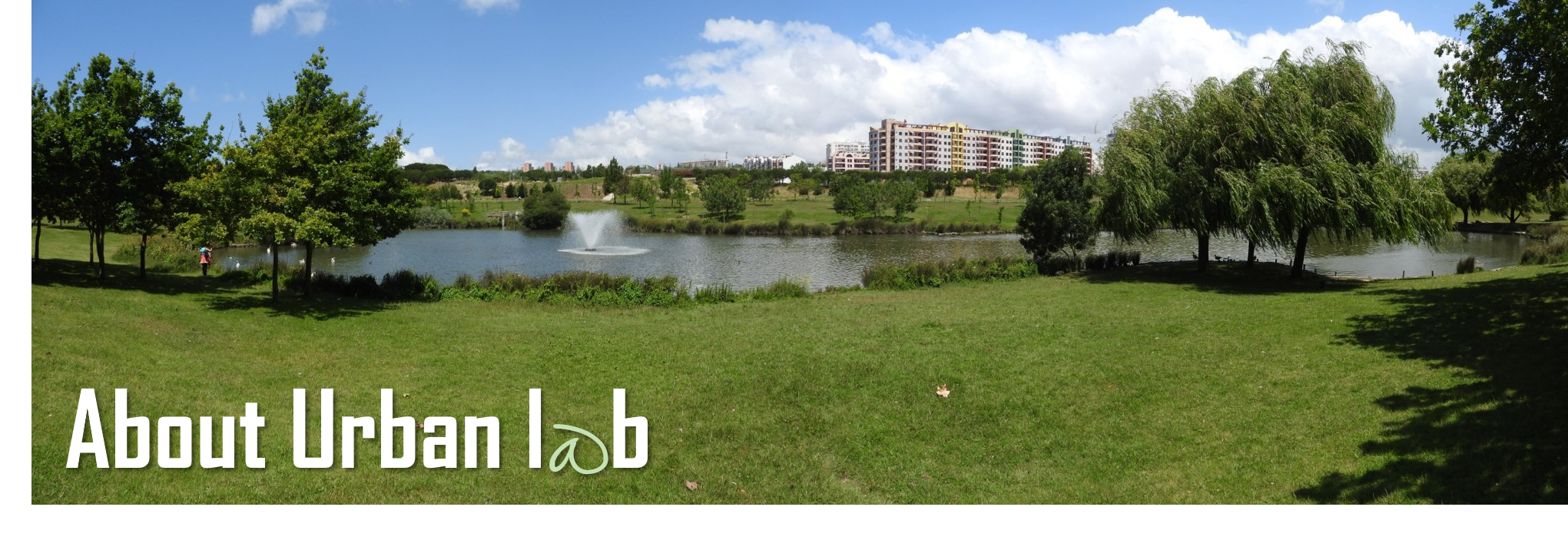
What is the UrbanLab?
The UrbanL@b a cE3c virtual research infrastructure that promotes and displays the research in Urban Ecology made by cE3c and fosters the links between research and society. Our main objective is to understand how cities biodiversity can create vibrant urban areas, fostering cities capacity to achieve sustainability over the long-term.
Our activities
Framed by the United Nations Habitat III and the adopted New Urban Agenda and by the European Urban Agenda our activities aim at:
- evaluating vulnerabilities and risks, by monitoring socio-ecological indicators and people’s perceptions;
- disseminate and provide training on urban ecology, for capacity-building and awareness-raising among citizens;
- inform public polices with science-based knowledge for improving management and planning of cities blue and green infrastructure to improve human health.
Our actions include research projects, training and outreach activities. See more here.
Our research areas
Overall, the objectives are being address in three research topics:
- in “Biodiversity as the key to support ecosystem services” we are creating knowledge to support cities ecosystem services using biodiversity, with a strong focus on functional traits and trade-offs that will occur among services. Further, we are looking at ways to improve the functional connectivity among cities green and blue infrastructure components while searches for the general rules that regulate urban ecosystem functioning to upscale the knowledge to a global scale;
- within “Adapt cities to the future”, we are driven by applied ecology, by creating scenarios of future change in cities, such as future climatic projections, to support strategies development to adapt cities for future. We look at key sectors where nature-based solutions supported by biodiversity can play an efficient and economical sound role, such as flood control, microclimate regulation, air purification, water re-use, food provision and tourism;
- in “Stakeholders engagement and support” we recognize the prevalent role of stakeholders to achieve cities present and future sustainability. Results from the previous topics are translated into knowledge to support city managers to improve their cities using an ecological approach. At the same time, this topic will support – and be supported – by citizens driven science, both to empower citizens in their choices and to collect valuable ecological data to feed the other topic. Here, new frameworks to understand the biodiversity and social domains are being developed, with the ultimate aim to further bond the 3 topics.
45
Researchers
16
Projects
49
Publications
